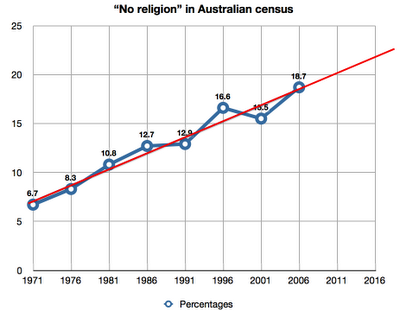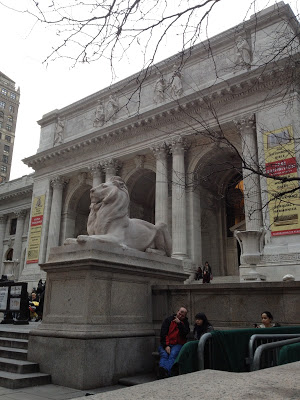Today I got naked with 800 people and jumped into the ocean. It was an attempt at the world’s biggest skinny dip at Perth’s Swanbourne Beach.
You may not know this, reader, but at one time I was a rather enthusiastic nude beach goer. In my Mormon days, no less. Even though I normally wore the g’s, I loved the opportunity to throw off the constraints of clothing and swim freely with nothing on.
The first time I went to a nude beach was in Barcelona in 2004. I didn’t know what to expect. What I found was people, doing people things. Some old, some young. Gay couples cuddled, a professor-looking type strode au natural across the sand. But the thing that stood out most to me was a young couple kissing. He drew a modest towel around himself, and he and she kissed like boys and girls have kissed on that same Spanish beach for millennia. I was seeing something primal and human. I was watching Orpheus and Euridice. The eternal dance.
I’ve had that kind of experience at nude beaches several times. Once on a stroll, I saw a nude man and woman, and as I got closer, I saw their baby was with them. The human family. Somehow the lack of clothing made the moment transcendant.
Then I would go back to church, with their conventional views on ‘modesty’ and ‘morality’, and I’d think, What a small worldview. This world is so much more than they can imagine. It was one more thing that got me thinking, and put some mental distance between me and the church.
The people at Swanbourne Beach are not much of a draw really — lots of dudes, some younger couples (shy female, won’t undress), and gangs of leathery 60-somethings sitting around talking, being entirely too comfortable around each other. But that’s okay; I don’t care how people look. There’s something about getting nude in public that’s very come-as-you-are. Everyone looks fine to me. Which was the message of the Skinny Dip: everyone’s body is fine. Proceeds are even going to the Butterfly Foundation, which raises awareness about body image.
So this was a good chance to get back to the dear old Swanny. Oldest Boy (now 19) opted not to come along because a) Dad naked, and b) there might be too much penis for his liking. He’s quite right; these things do tend to get rather penisy.
I wondered what the headline in the West would be: perhaps Naked Skinny-Dip for Charity: 800 Nudists Hit Swanbourne for World Record Attempt. I actually ran into some friends at the event, and we chatted in our sarongs, provided by the organisers. It was a cold grey morning, but no one seemed to mind.
But when we all got to the water and got our gear off, there was a plot twist: choppy seas and huge waves. A horn sounded, and in we went, the front line getting battered by walls of water. Now the headline was Terror Dip: Sexy Swim Becomes Desperate Race for Survival as 3-Meter Waves Pound Shore. It was such a struggle to get into the water that I could hardly concentrate on the boobs. The trick to avoiding waves is to get out past them, but the 600 or so people who made it that far found themselves on a roiling roller-coaster that was quite worrying, but actually really fun. Good thing the Surf Life Savers were out there on their jet skis, watching everyone like hawks.
Did we make the world record? No, for that to happen we’d all have to be in the water for 5 minutes, and about 100 people looked at those waves and said NOPE. I don’t blame them, especially if they didn’t feel they were strong swimmers. That stuff was dangerous. I was dumped by a serious wave on the way in and lost my hat, but hats can be replaced. It was still fun, and I’d do it again next year.













Recent Comments